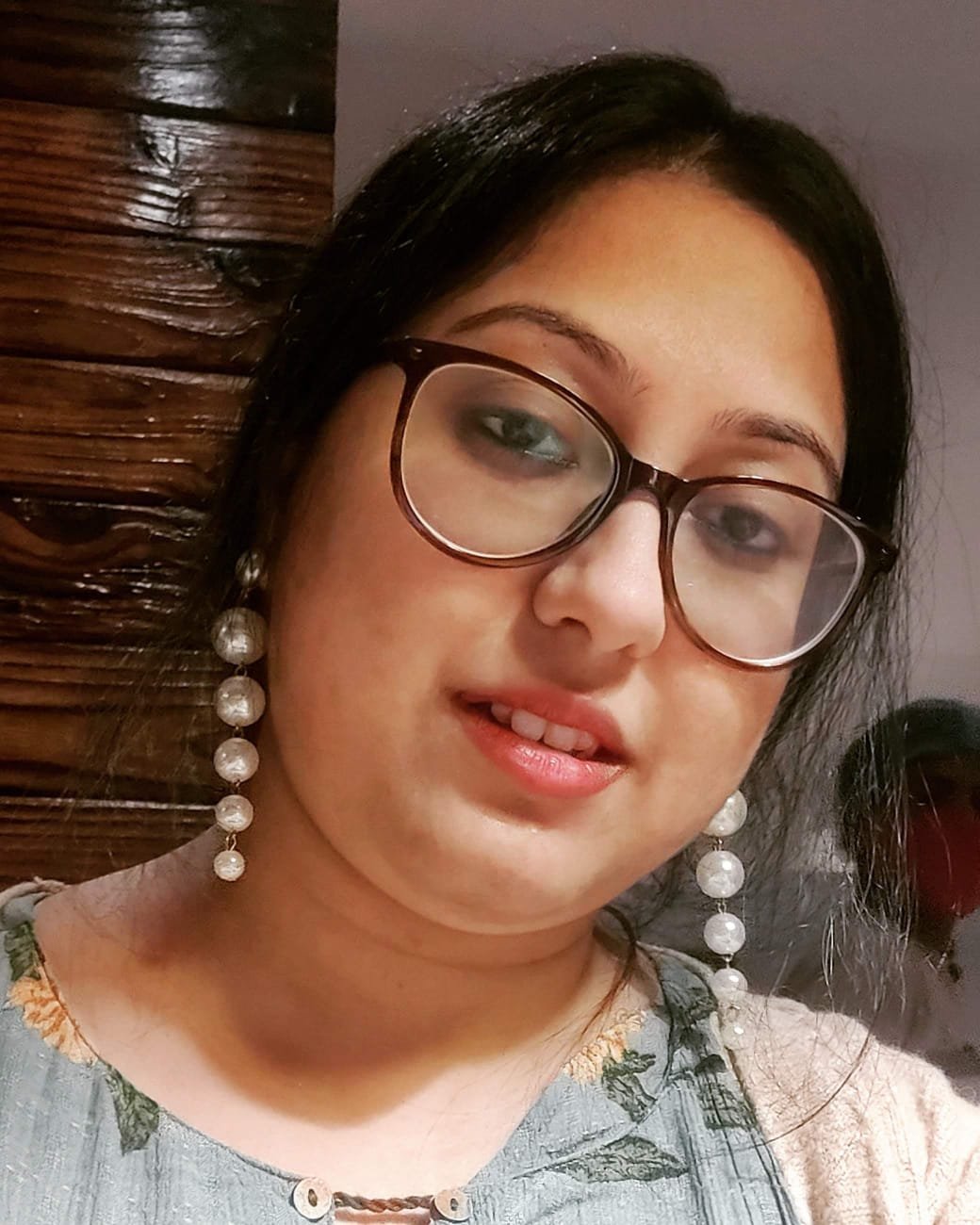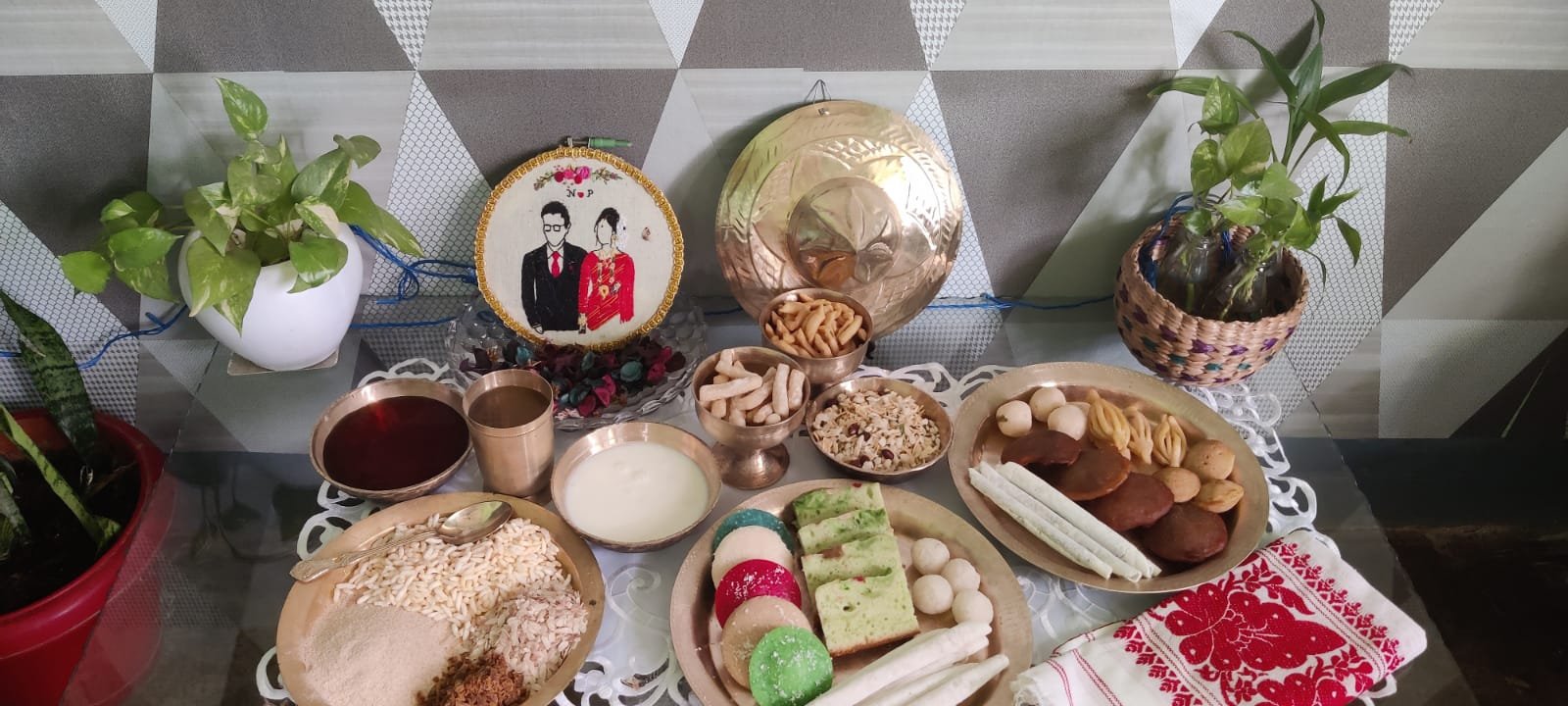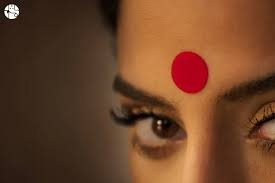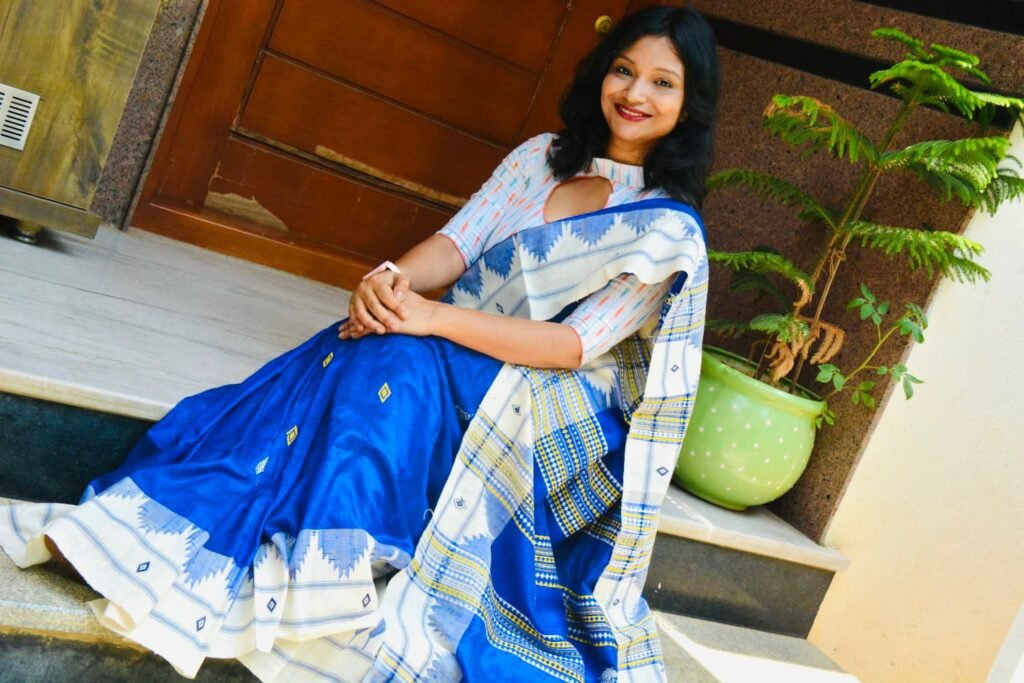Reading newspapers: A Habit Picked Up from My Father
Reading newspapers was an important part of growing up in the 80s and 90s before cable TV made an appearance in our drawing rooms. Nobody told me to start reading newspapers, but my father was an avid reader, and my brother and I too had picked up the habit. My mother didn’t find time to read in the morning, but in the afternoon she would religiously lie down and browse the pages of the Bengali daily, perusing the headlines.
My Mother’s Afternoon Ritual
But before long, she would be snoring away merrily while the inside pages fluttered away, trying to escape from the confines of the fold, aided by the gentle airflow generated by the ceiling fan. It was an amusing sight to see her napping while the fluttering pages of the broadsheet would scatter around like truant children, taking shelter under the bed before being fished out.
Keeping Up with the World: Radio Broadcasts
It was perhaps easier to keep track of the happenings around the world by listening to radio broadcasts. We were all familiar with Aakashvani’s ‘ক’, and’খ’ channels. Early in the morning, the radio would be switched on. Was it because she wanted to listen to Rabindrasangeet renditions or to wake us up? I am not sure. But in between, the news would be read out as well as Jelar Chithi (letters from districts). That was how my mother would keep up with the world around her. Although she was never overtly interested in politics, she would make sure to exercise her franchise in every election. This was true for that entire generation.

The Importance of Vote
Growing up in a typical middle-class family, I saw people take this privilege or responsibility very seriously. Heat or cold, rain or storm, they would vote. The middle-class indifference had yet to set in. I still remember how people queued up to get their EPICs (Election Photo Identity Cards) during the tenure of TN Seshan as Election Commissioner and the jokes over the photographs on our cards. Nobody could recognise themselves in the photographs accompanying the EPIC, which at best was a black smudge, and there were blatant mistakes in names, addresses, and even the father’s name. All four of us got our cards done, but my mother passed away before the elections came calling.
Equal Rights To Vote – An Indian Scenario
Today, a lot of our young friends do not even get themselves enrolled in the electoral rolls. I remember in our English Honours class we had an essay by Mary Wollstonecraft on the Suffragette Movement titled “A Vindication of the Rights of Woman.” While going through the essay, I felt proud that we did not need to go through such a movement as in the case of the US or the UK, and the founding fathers of our Constitution had seen to it that women in this country enjoy the equal right to vote as men right from the beginning of independent India. However, for years, people were dismissive of the female electorate since they abided by whatever the men in the family decided when it came to voting, but this election has been a tad different.

The Importance of Women Voters
Psephologists have started taking into account the fact that more and more women voters displayed an independent streak when it came to voting. Since women run households, they are most affected by inflation, and often they support parties that shower welfare schemes on them. Governments also allot homestead plots or housing under their names, which goes a long way towards the empowerment of economically backward women. If women vote in large numbers and influence the outcome, then issues close to their hearts, such as safety, will gain importance. Moreover, it is our right and privilege. Women are often the keepers of customs and traditions in a family and teach the next generation. Perhaps exercising our franchise is a lesson that we need to pass on to our daughters as well.

















Facebook Comments